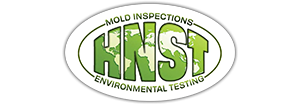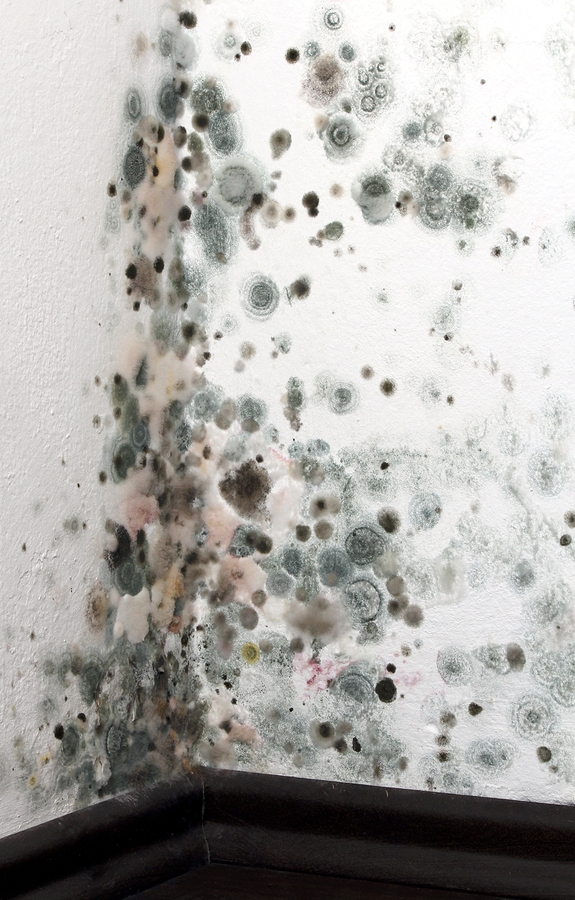Most of us are grossed out by the fact that mold can grow inside of our homes, and would like to forget it exists altogether, however in the case of mold ignorance is not bliss. Any issue involving mold as the problem needs to be faced head-on. We’ve already given you tips in our previous blogs…
Homeowners Insurance
Black Mold and Insurance Claims
If you’ve ever encountered a major problem in your home, one of the first questions you’ve probably asked yourself is “does my homeowners insurance cover this?” With Black Mold, the question is even more important for you to understand a head of time. Not only does black mold cause damage and unsightly messes in the…
Home Owners Insurance & Mold
Home Owners throughout the years have found out the hard way that problems they thought would be covered under insurance may not actually be covered. There are many rules and steps that need to be followed from the beginning in order to be able to use your homeowner’s insurance for coverage. We advise all customers…



